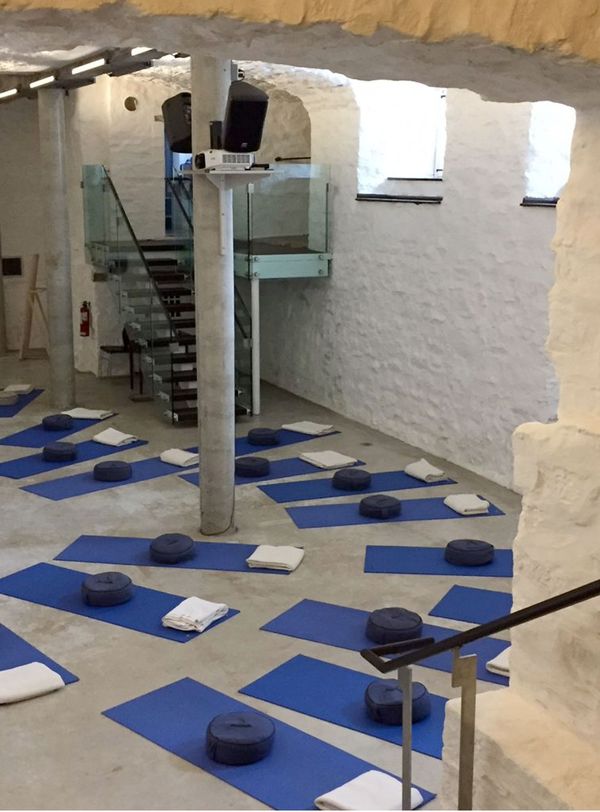Q:
I travel for work a lot, flying back and forth between different time zones. Are there any foods I should avoid or eat that will help me with jet lag?
A:
Jet lag is a drag—you may feel irritable or suffer from insomnia, indigestion or general disorientation. It occurs when the body's inner clock is out of sync with environmental time cues, including meal times, sunrise and sunset, and daily cycles of rest and activity.
Although the effects of jet lag vary among travelers, almost everyone experiences some symptoms. Physical differences among travelers require varying strategies for jet lag management. Recommendations often emphasize plenty of sleep, proper nutrition and sometimes the use of medication.
Avoiding factors that contribute to jet lag may be the best defense. Because sleep-wake disturbance is the most widely felt jet lag symptom, being well rested before travel can help the body cope with the inevitable change in time zone. Therefore, it is helpful to avoid alcohol, caffeine and nicotine, which are associated with restless sleep.
A few tips that may protect you from jet lag:
- Drink lots of water to prevent dehydration.
- Limit or eliminate alcoholic beverages and drinks containing caffeine (coffee, tea, cola), which can contribute to dehydration and cause restless sleep.
- Don't eat everything that comes your way. Gases (including those in your digestive tract!) expand at high altitudes. You may need to loosen your belt a notch or two by the time you arrive.
- For some people, eating a high-protein meal that is low in calories before travel helps prevent jet lag. For example, eating a light meal of baked or broiled chicken, with some steamed vegetables may be a better choice than a heavy pasta meal, which is high in carbohydrates.
- Move around as much as possible during the flight. This improves circulation, moving nutrients and waste through the body and aiding elimination.
- If you fly at night, try to get some sleep on the plane. Use the complimentary earplugs and blindfold. Purchase an inflatable travel pillow.
- A short-acting sleeping pill may help you snooze on the plane and adjust to a new time zone at your destination. However, talk to your health care professional before you take sleeping pills, as some can have disagreeable side effects.
- Talk to your health care professional about taking melatonin (a hormone that helps regulate the sleep cycle) to help prevent jet lag. Studies show that some people are able to prevent jet lag, or lessen its severity, by taking melatonin.
- Switch to the local time as soon as you arrive. A cold shower or quick swim can give you an extra energy boost.
- Consider a stopover along the way, or schedule a day to rest when you arrive.







